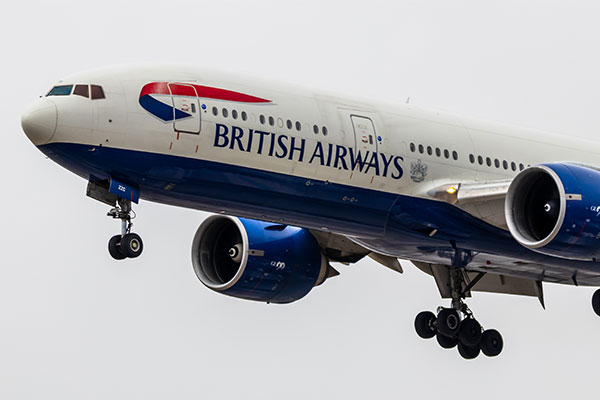British Airways is currently engaged in a pivotal legal battle with the UK government and the Equality and Human Rights Commission. This case could redefine interpretations of discrimination laws as it examines the ‘fire and rehire’ practices of the airline during the Covid crisis. The outcome may have lasting implications for labour rights and corporate policies.
British Airways has found itself embroiled in a significant legal challenge involving the UK government and the Equality and Human Rights Commission (EHRC). This dispute stems from the airline’s contested interpretation of ‘indirect discrimination’ under the 2010 Equality Act. The contention involves BA’s appeal against a prior ruling that supported former cabin crew affected by their ‘fire and rehire’ policy during the Covid-19 pandemic.
British Airways implemented a controversial ‘fire and rehire’ strategy during the height of the Covid-19 pandemic. This led to the dismissal of 12,000 employees, who were then rehired under less favourable terms. Those affected include workers with caregiving responsibilities, prompting claims of ‘indirect discrimination’. The Employment Appeal Tribunal is currently examining whether BA’s actions violated protections outlined in the Equality Act.
The key aspect under scrutiny is Section 19A of the Equality Act, which addresses ‘indirect discrimination’. Originally added as an amendment, this section extends protection to individuals without a ‘protected characteristic’. Lawyers for BA challenge its interpretation, aiming to overturn a previous Tribunal decision. A successful appeal could significantly impact employment law and its application in similar cases.
Bridget Phillipson, the new Minister for Women and Equalities, echoed the sentiment, reiterating the government’s stance on protecting anti-discrimination measures. This intervention contrasts with the previous minister’s decision not to engage, highlighting a shift in governmental approach.
The personal accounts of these employees add a human dimension to the legal proceedings. Such narratives are vital for understanding the real-world implications of corporate decisions during crises, emphasising the necessity for equitable business practices.
A decision is expected in the coming months, but the implications of this case could resonate long beyond its conclusion. Such legal battles often drive changes at policy levels, reflecting broader societal expectations of corporate accountability.
As the main hearing looms, both sides are preparing for a protracted legal battle. For BA, the stakes involve not only financial implications, with claims amounting to £515 million, but also reputational considerations. The airline’s response to this challenge could affect its public image and employee relations significantly.
The case against British Airways reflects a significant moment in employment law interpretation. As the company battles serious allegations, the results of this legal process could impact not only the airline’s future practices but also set a precedent for how other businesses navigate employee relations and crisis management.

